A Four Corners investigation looks into halal certification and its impact on Australian consumers
IT’S a practice that’s been around for half a century, but recently, a small but vocal minority has condemned halal certification as a “religious tax”.
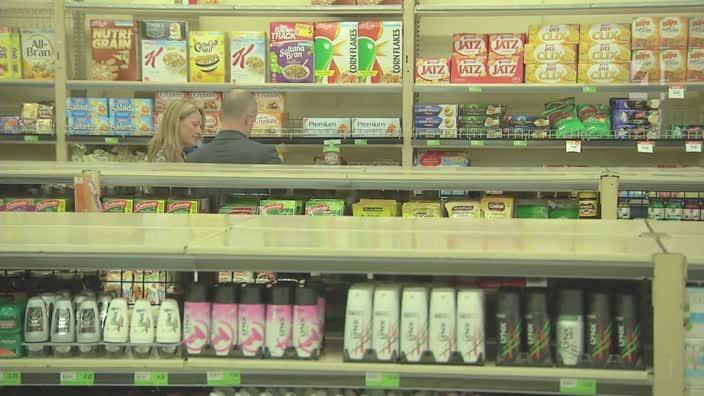
IT’S the issue that has Australians confused, divided and often misguided: what, exactly, is Halal certified food, what does it mean for the average customer — and where does the money from it go?
For most food producers and experts, it’s a straightforward business practice which enables Muslim consumers to buy the product.
However, for certain individuals and groups such as Reclaim Australia, halal certification is a “religious tax” and a sign that Australia is becoming increasingly “Islamified”.
Speaking to ABC’s Four Corners, Kirralie Smith — the head of the anti-halal website “Halal Choices” — discussed her opposition to what she considers an assault on the Australian people.
“Weetbix ... Everybody loves Weetbix, and that is halal-certified, but nowhere on that packaging does it indicate that that is halal certified,” Ms Smith told journalist Geoff Thompson while the pair strolled through a supermarket.
“So how can consumer know at the point of sale that that is something that they would like to purchase, or not purchase?”
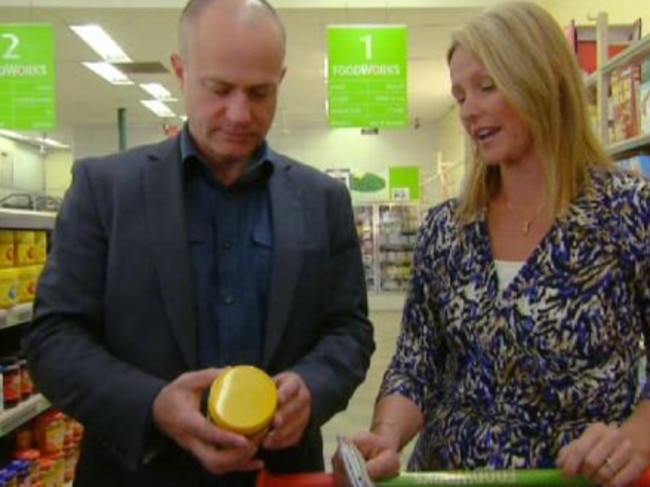
In reality, a great deal of Australian food is halal certified. Aussie staples such as staples such as Vegemite, Cadbury chocolate, Bega cheese and Kellogg’s cereals are all put through the certification process.
Most bread, milk, cereals and at least 80 per cent of chicken processed here are also halal certified.
“Halal” is the Arabic word for “permissible”, and defines the food that Muslims are allowed to eat.
At its most basic, halal-certification means that a product does not contain traces of alcohol, blood or pork (all forbidden in Islam). It also applies to the to the way an animal is slaughtered, meaning animals are pre-stunned, but still alive when their throats are cut, so that the blood leaves their bodies.
Worldwide, the halal market is valued at $2.1 trillion. In Australia, it is worth about $8.5 billion, $1.5 billion of which is in the meat sector.
But for Ms Smith, the understanding the definition — and the importance- of halal is not enough. She is also interested in knowing where the money from these products goes.
Like Ms Smith, South Australian Liberal Senator Cory Bernardi is also a public critic of halal certification process. In May this year, Mr Bernardi set up a Senate Inquiry into Food Certification to investigate any claims of funding misuse.
“Ultimately, it’s my idea, because I’ve received so many contacts from people who are concerned that they’re either funding organisations that they don’t want to fund, they’re not being fully informed, that labelling is not clear, and that people can’t, you know, opt out, in effect, because they don’t know that a portion of their product’s purchase price is supporting causes or organisations that they don’t want to,” he told Four Corners.
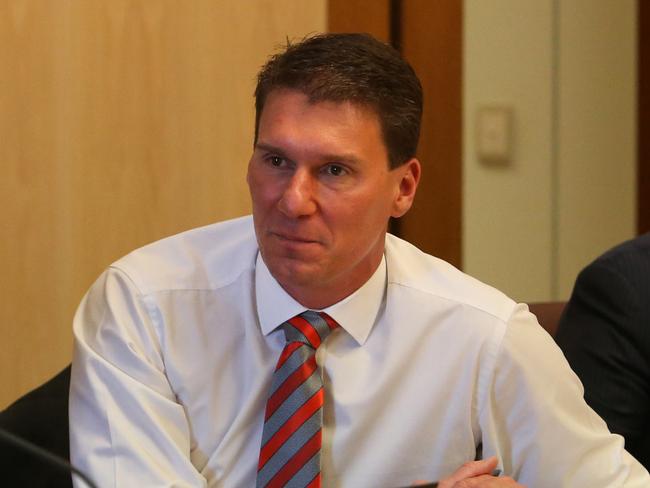
“One of the Islamic certifiers quite proudly boasts about supporting an international charity which has been found to support Hamas and Hezbollah which are both prescribed organisations. “So, the links may be tenuous, they may be more direct than we know, but, you know, extremism is being funded by somewhere, and it’d be nice to know where it is.”
So, where does the money go?
The program’s investigation into the practice revealed the dominance of the Majelis Ulama Indonesia (MUI), Indonesia’s top Muslim clerical body, in the distribution of halal certification rights in the industry and its access to the lucrative Indonesian market.
Four Corners found that some of Australia’s biggest halal certifiers, such as Australian Federation of Islamic Councils (AFIC) and the Islamic Co-ordinating Council of Victoria (ICCV) had contributed money to MUI in order to obtain certification rights.
The program also revealed that ICCV had also contributed money towards the construction of a mosque and orphanage in Indonesia, called the Jonggol project.
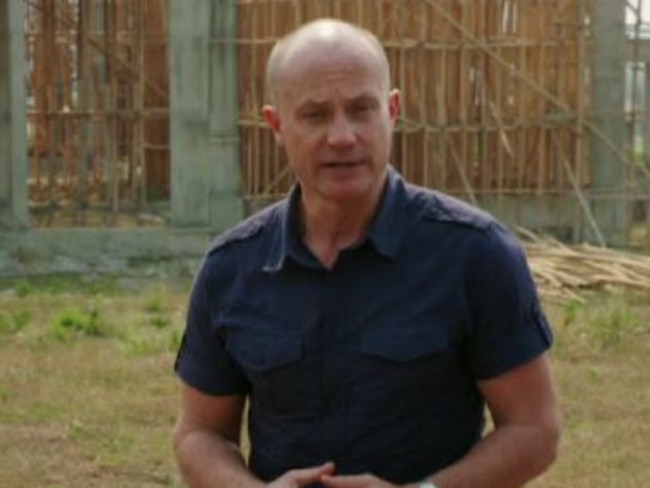
ICCV deputy chairman Ekrem Ozyurek said that while mostly, the money from the half certification was spent “in Australia for Australians”, the ICCV would help “if the MUI said, ‘Look, we are doing something. We are in need of money. Can you help us in any way?’”.
“But we know that it’s going for the purpose of orphanage or something they are building, and they need that money to build that orphanage or a mosque or that kind of a thing”.
However, there was no evidence to suggest that any funding was directed toward terrorist organisations.
Minister for Agriculture Barnaby Joyce said the halal certification industry has been “with us for about four decades, getting close to half a century, so it’s not something that’s recent”.
“But what I can say is without our capacity to sell product into Islamic countries, that would be quite devastating, especially in the beef industry and the sheep industry”.
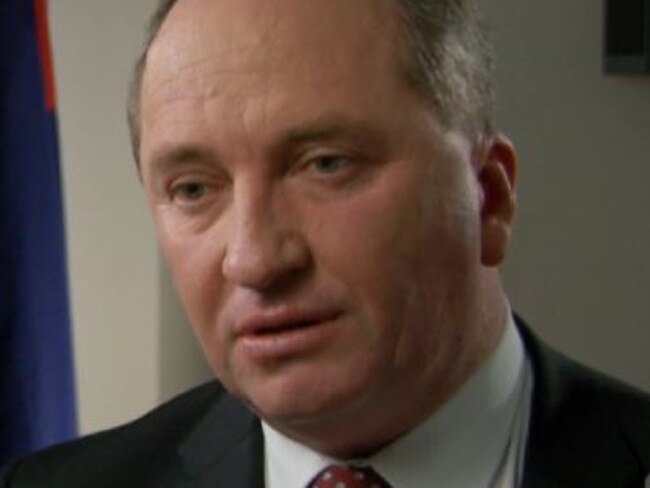
Asia business adviser Danny Burrows agreed.
“I can say with absolute confidence that the costs of halal certification are absolutely passed on to the Australian consumer. As are the costs of any other certification, be it organic or Heart Foundation.
“What’s also passed on are the savings generated by the economies of scale, and that is simply that it’s far more cost-effective to produce things in large quantities for larger markets than it is for smaller markets,” he told Four Corners.



